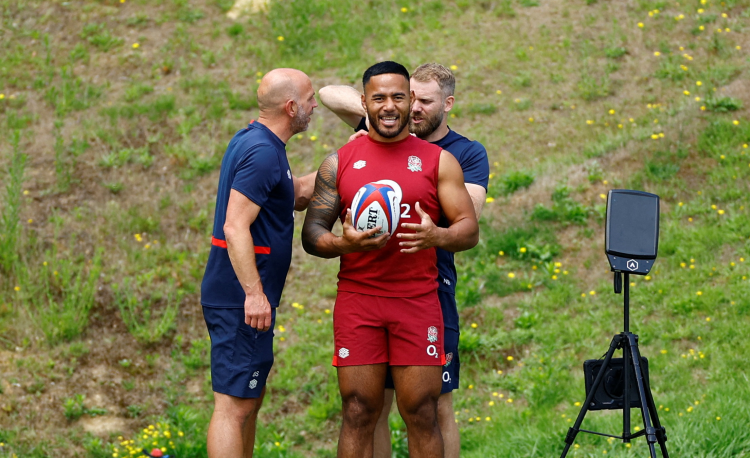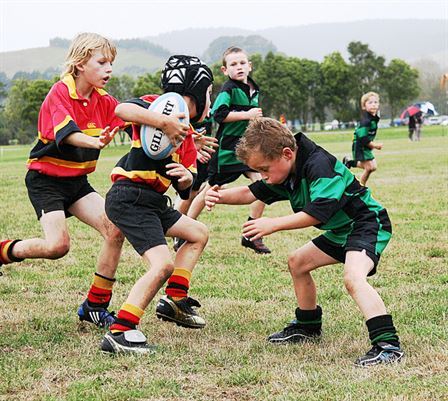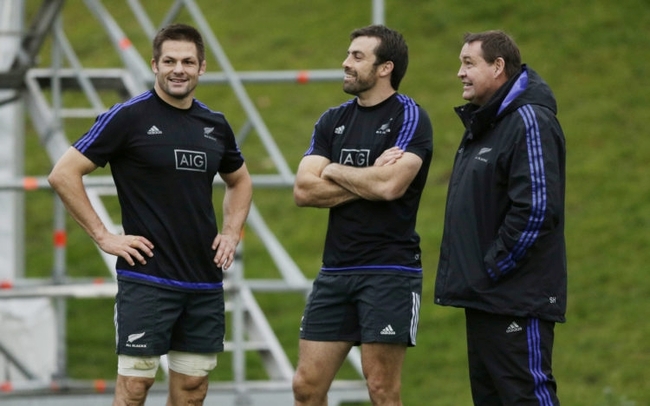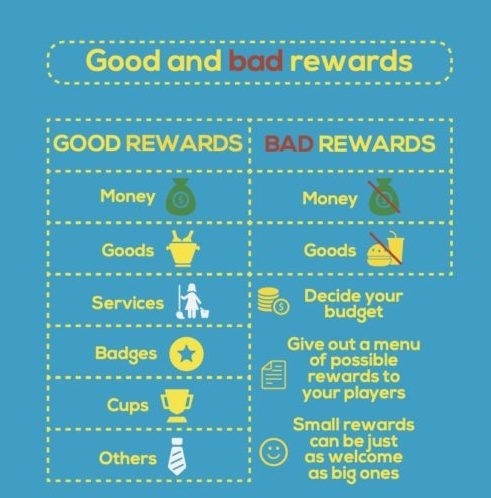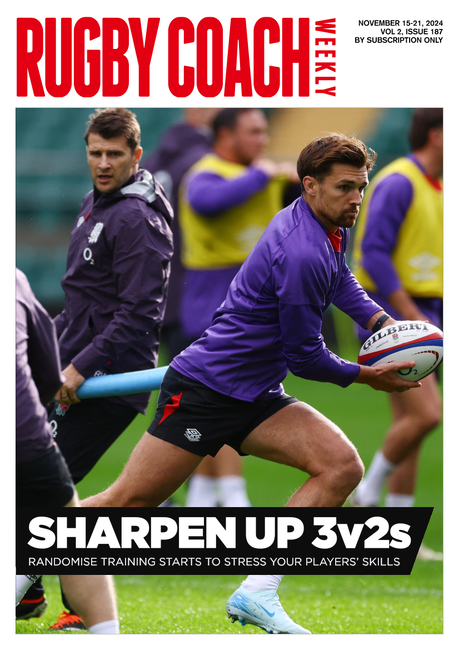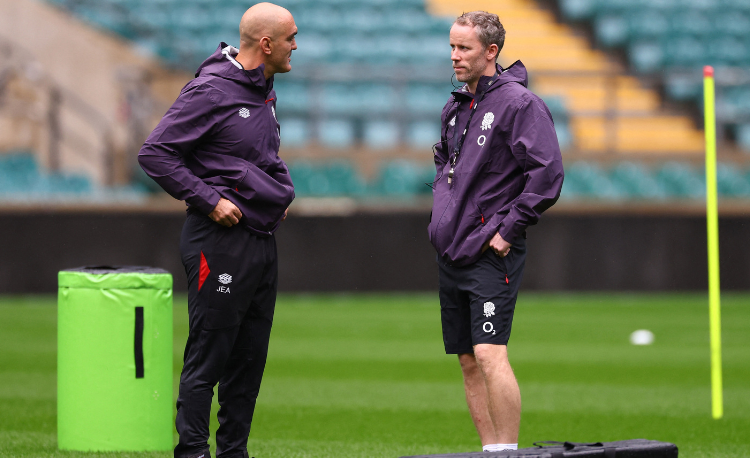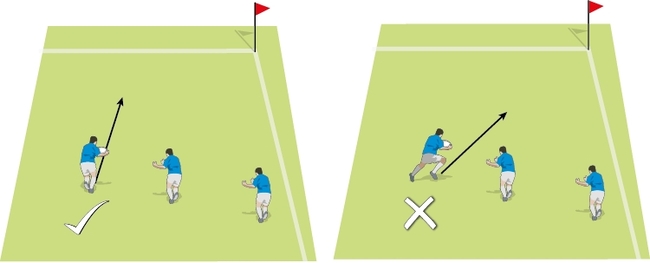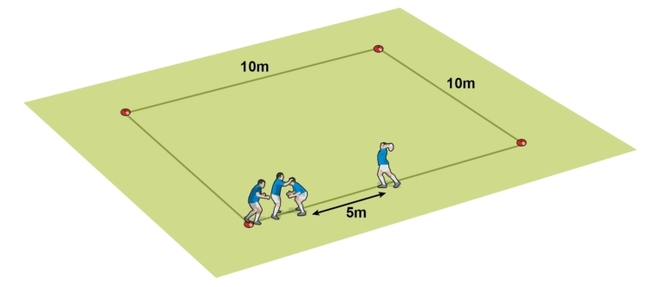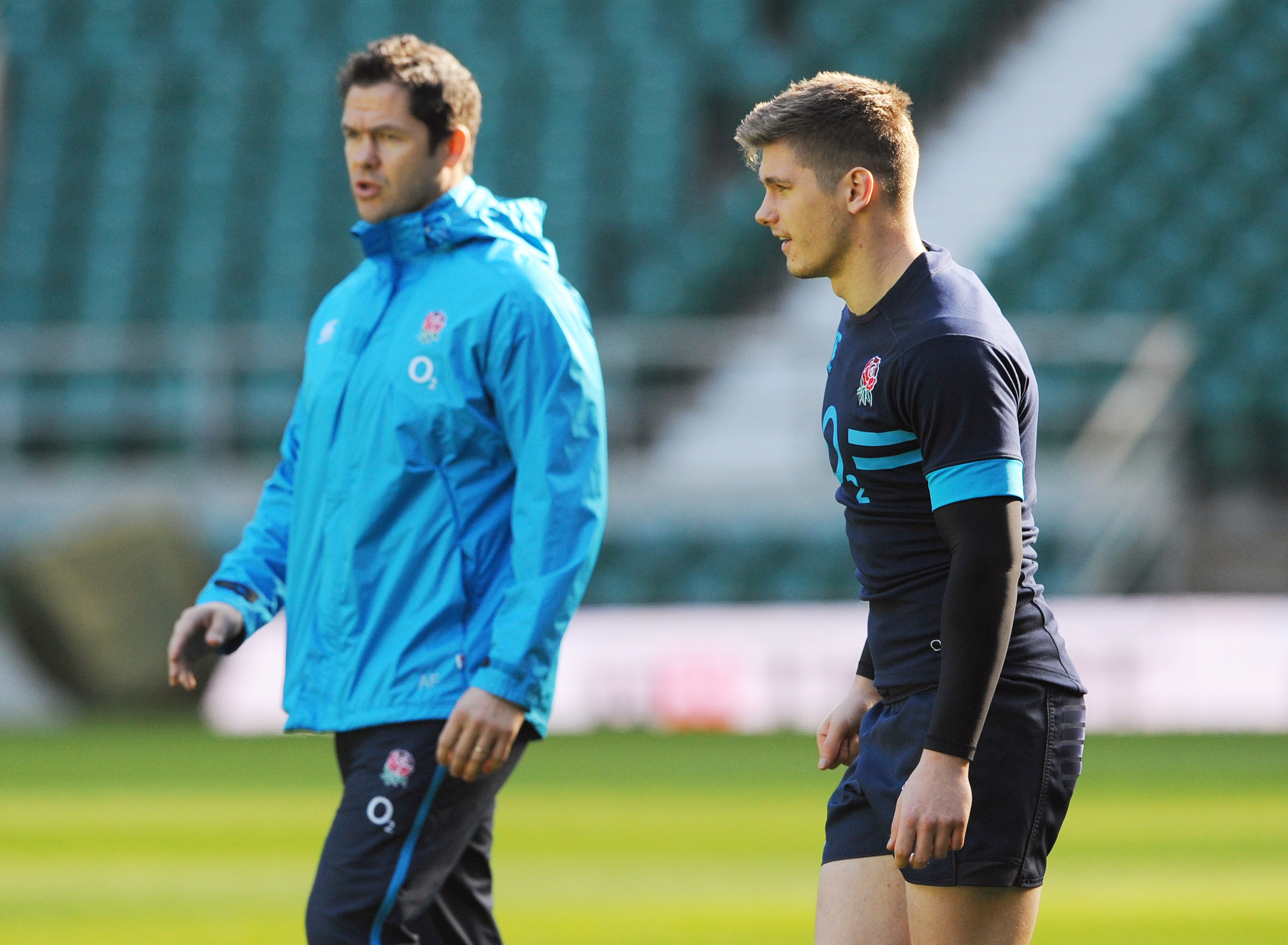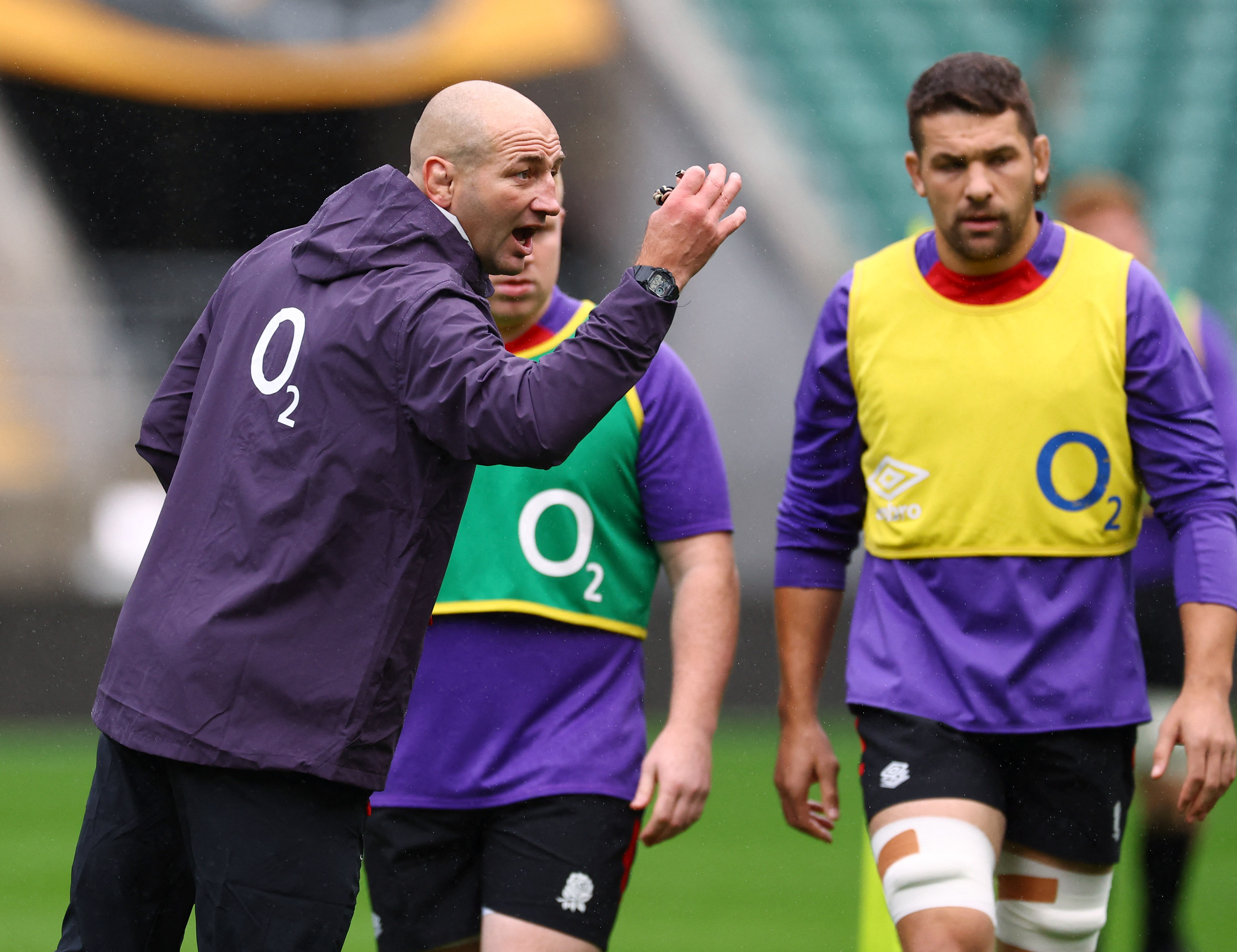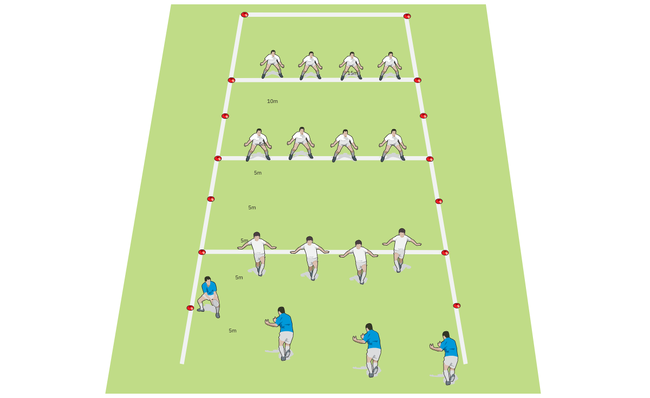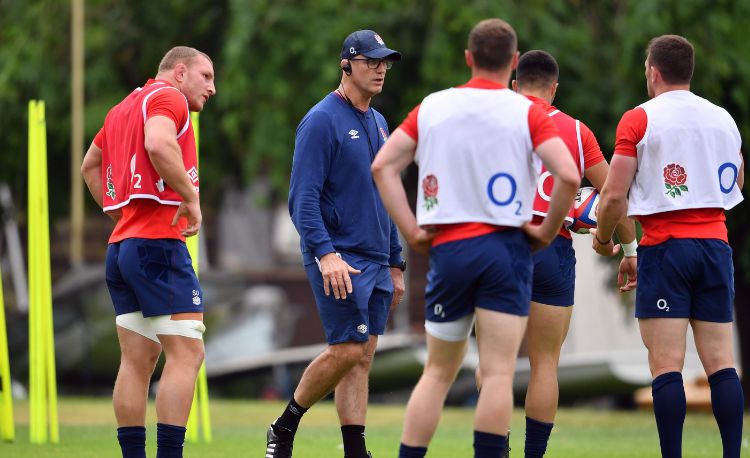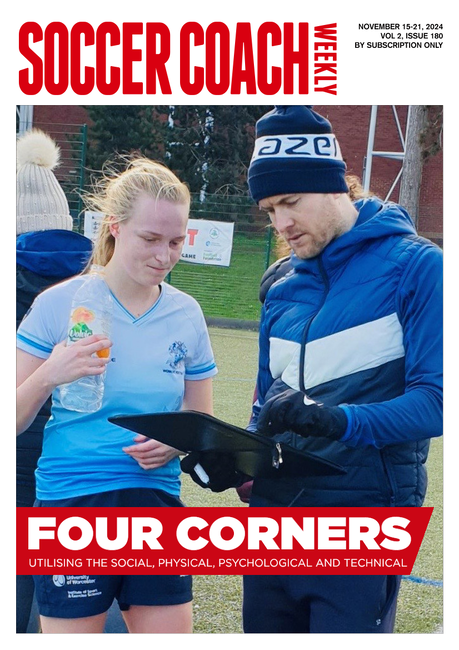6 ways to set goals with your players
Give clear and achievable targets to usher in improvement, writes SHAMEEMA YOUSUF, sport and performance psychology consultant at Empower2Perform.
Understanding the process of, and reasons for, goal-setting is crucial for your players to improve their performance.
Following the SMART principles - where you make goals Specific; Measurable; Adjustable and Achievable; Realistic and Relatable; and Timely - here are six tips to ensure players are fully focused on self-improvement.
01 - give direction
Players who know what they want to achieve will plan their lives and training programmes more effectively.
If your players can work on their individual goals alongisde having a clear understanding of their role in the team, it will enhance the group’s performance.
Knowing the goal keeps training efficient. It limits distractions and with a clear goal players can focus their efforts on the areas that will make the most difference to them.
02 - Build a rapport first
I like to know a little about the players before I start to help them towards their goals.
I will try to watch them play and ask them about themselves - not just about the skills and techniques they use, but what their aspirations and motivations are.
Each athlete has a unique set of circumstances and way of communicating. The more time you can spend learning about the individual, the easier it is to support the player in achieving their goals.
03 - keep goals positive
Players also need to know why you are helping set goals. They shouldn’t see it as a negative process, where they are under scrutiny to improve their performance - it is about them and their own improvement, not what you want for them or the team.
How they relate to their goals will determine their desire to follow through on them. If they cannot relate to them, they are unlikely to work towards achieving their goals.
Remember, players must have autonomy in the process so that they are motivated to succeed. Help them to make goals positive rather than negative; instead of saying “Don’t drop the ball”, say “Catch the ball”.
04 - Drill down
It’s important to drill down into the real achievable aspects of the goal – this is known as setting process goals.
If a player says they want to play for a representative side, that is a long-term outcome goal. But there are some uncontrollables because the player will be relying on someone else to select them.
Instead, the player can look at ways to be in the best position to be selected, by focusing on the processes that will allow them to play at their best. An example might be working on their penalty-kicking technique.
05 - Know how to support your players
Once the goals have been identified, you can suggest ways to support their progress. You will know what areas may need some focus.
Fitness, nutrition, skill acquisition and lifestyle changes are all areas you might discuss and may all be set as process goals.
06 - review the goals - and adjust if necessary
If a goal isn’t set well and reviewed regularly, a player can put undue pressure on themselves and perhaps feel a sense of failure if it isn’t achieved. They may even lose interest and momentum altogether.
You need to be constantly aware of the external factors around the player that might prevent them from making progress. Adjust goals to help them keep positive about their progress.
Related Files
Newsletter Sign Up
Coaches Testimonials

Gerald Kearney, Downtown Las Vegas Soccer Club

Paul Butler, Florida, USA

Rick Shields, Springboro, USA

Tony Green, Pierrefonds Titans, Quebec, Canada
Subscribe Today
Be a more effective, more successful rugby coach
In a recent survey 89% of subscribers said Rugby Coach Weekly makes them more confident, 91% said Rugby Coach Weekly makes them a more effective coach and 93% said Rugby Coach Weekly makes them more inspired.
Get Weekly Inspiration
All the latest techniques and approaches
Rugby Coach Weekly offers proven and easy to use rugby drills, coaching sessions, practice plans, small-sided games, warm-ups, training tips and advice.
We've been at the cutting edge of rugby coaching since we launched in 2005, creating resources for the grassroots youth coach, following best practice from around the world and insights from the professional game.
